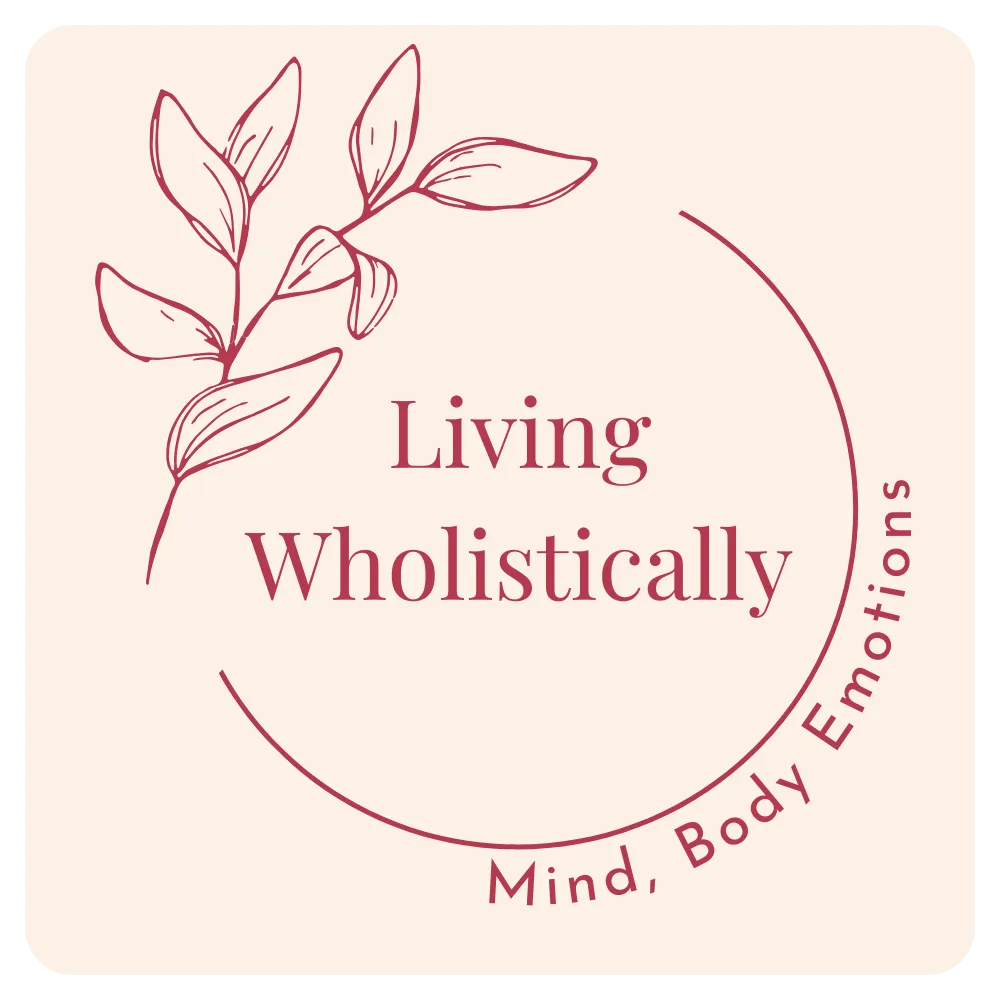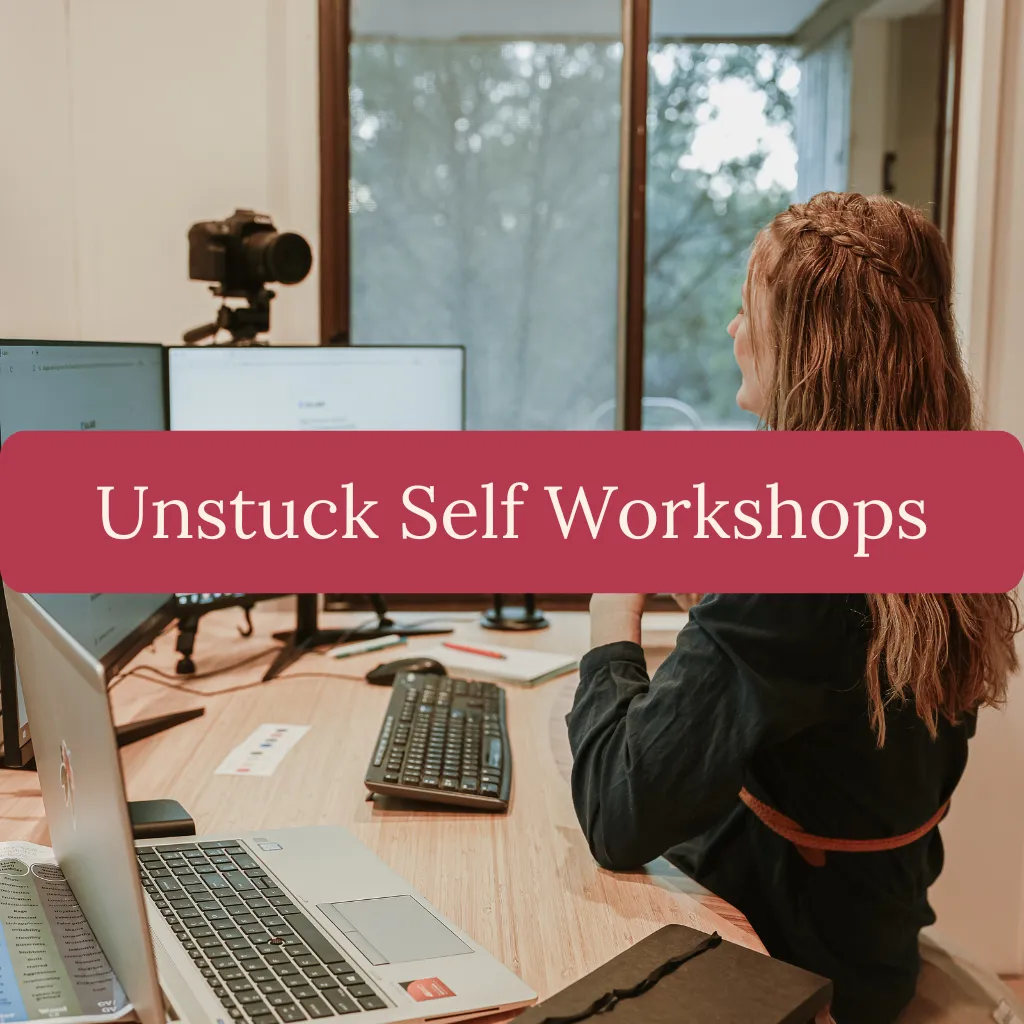
Oops —
We've Wandered Off the Path
It looks like the page you’re looking for isn’t here anymore… or maybe it never was.
At Living Wholistically, I believe that even detours can hold value. So if you’ve landed here by accident, perhaps it's a gentle nudge to pause, take a breath, and reconnect.
Here are some ways to get back on track:
Explore my Offerings
Read my Holistic Healing Blog
Join the Village Bulletin
Still can’t find what you’re looking for?
Contact me and I’ll be happy to help.
With warmth, Zoe

View the Privacy Policy and Terms and Conditions here.
© 2025. All Rights Reserved.

